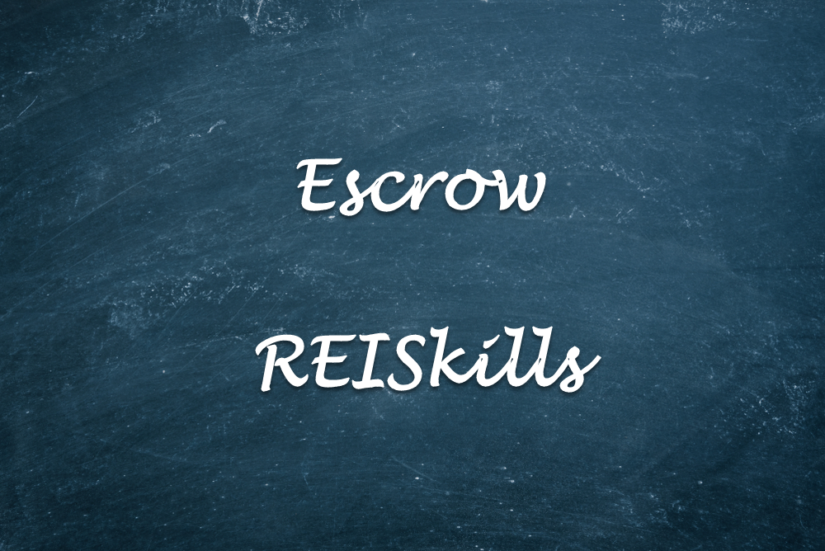
Escrow Educational Report
This report details California escrow procedures, defining escrows as conditional trust arrangements for property transfers.
It explains the roles of escrow holders, principals (buyer, seller, lender), and other parties, emphasizing the escrow holder’s fiduciary duties and the importance of clear, unambiguous instructions.
The document also addresses escrow instruction forms, completion, termination, and the regulations governing who can act as an escrow holder, including real estate brokers under specific conditions.
Finally, it prohibits developer control over escrow selection.
Escrow FAQ
What is an escrow?
An escrow is a temporary arrangement where a neutral third party, known as the escrow holder, holds assets (like money or property) on behalf of two parties engaged in a transaction. This third party will only release the assets when the conditions of the transaction have been met.
What are the essential elements of a real estate sale escrow?
For an escrow to be valid, there must be a:
- Binding Contract: A legally binding agreement between the buyer and seller outlining the terms of the sale. This could be a purchase agreement, an exchange agreement, or other legal forms.
- Conditional Delivery: The parties involved must give something of value to the escrow holder with instructions to deliver them only when specific conditions are met. This typically includes the deed to the property and funds for the purchase.
Who are the principals in an escrow?
The principals are the primary parties directly involved in the transaction and who execute the escrow instructions. In a real estate sale escrow, this would typically include:
- Buyer: The individual purchasing the property.
- Seller: The individual selling the property.
- Lender(s): The institution(s) financing the purchase, if applicable.
What are escrow instructions?
Escrow instructions are written directions from the principals to the escrow holder detailing the conditions that must be met before the transaction can be completed. They cover elements such as:
- Purchase price and terms
- Existing mortgage details
- Title vesting
- Inspection reports
- Proration adjustments
- Closing date
What is the role of the escrow holder?
The escrow holder is a neutral third party who acts as an agent and fiduciary of the principals. Their duties include:
- Receiving and holding funds, documents, and other assets.
- Ensuring all parties comply with the terms of the escrow instructions.
- Coordinating the activities of other service providers involved in the transaction (e.g., title company, lender).
- Disbursing funds and delivering documents once all conditions have been met.
Can a real estate broker act as an escrow holder?
Yes, under certain conditions. A licensed real estate broker can act as an escrow holder if they are:
- Directly involved in the transaction as either an agent or a principal.
- Performing acts requiring a real estate license.
- Not making the escrow services a substantial factor in their overall real estate business.
However, they must adhere to strict regulations and disclosure requirements, and cannot advertise their escrow services independently of their real estate brokerage.
How is an escrow terminated?
An escrow can be terminated in two ways:
- Completion: All parties fulfill their obligations as outlined in the escrow instructions, and the transaction closes successfully.
- Mutual Consent: The principals agree to cancel the escrow, typically in writing, and all assets are returned to the respective parties.
What happens if the parties to an escrow have a dispute?
The escrow holder is not responsible for mediating disputes between the principals. If a disagreement arises, they can file an interpleader action in court, asking the court to resolve the dispute and instruct them on how to proceed with the escrow. The principals are generally advised to consult with their respective attorneys for legal advice.
